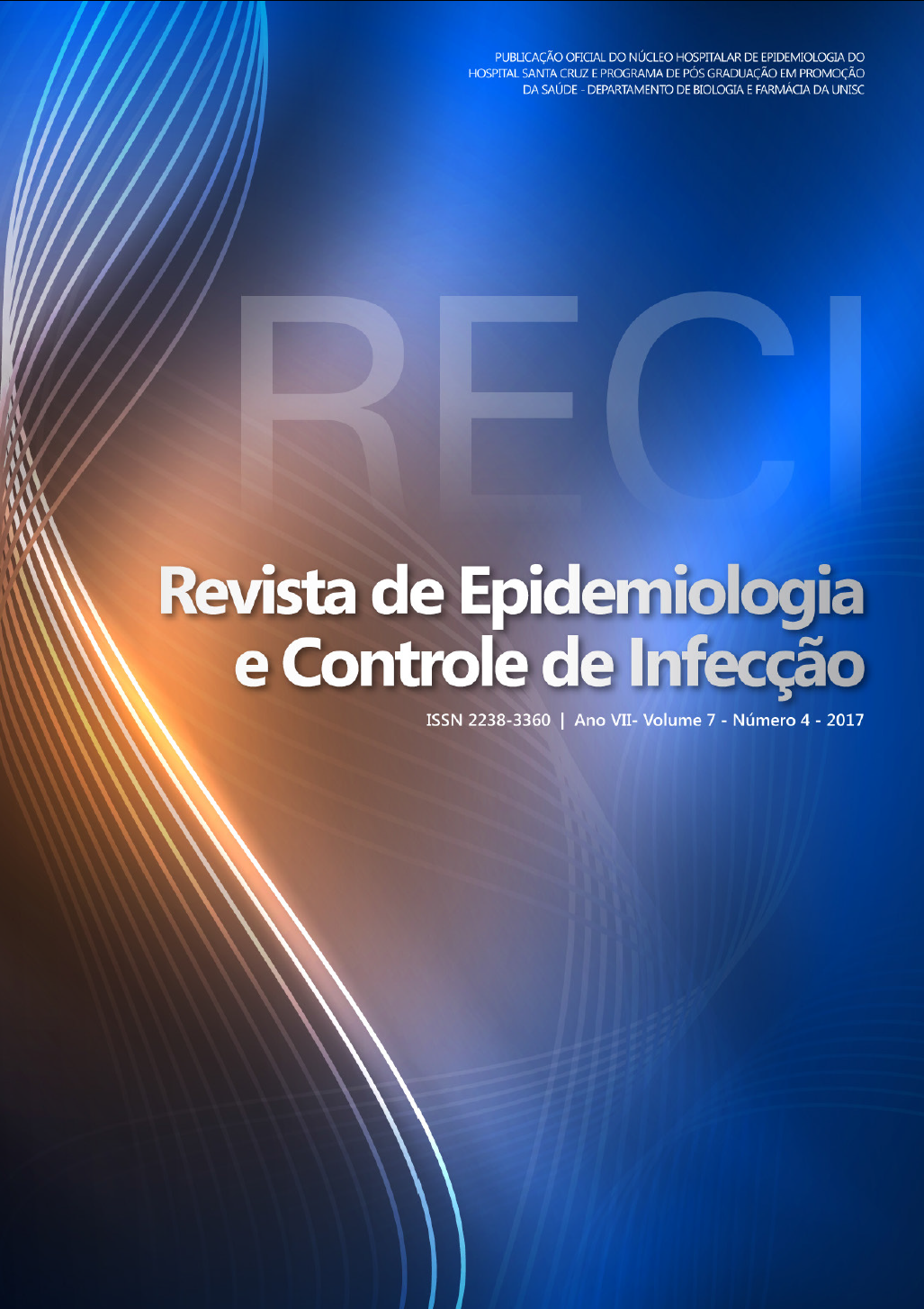Chronic non-communicable diseases: mortality profile in Natal-RN in the period 2000- 2014
DOI:
https://doi.org/10.17058/reci.v7i4.8448Abstract
Background and objectives: As a consequence of the demographic and epidemiological transition, chronic noncommunicable diseases (NCDs) are responsible for the greater burden of morbidity and mortality in the world, evidencing the need to monitor their occurrence. The objective of this study was to analyze the temporal trend and to describe the mortality profile by NCDs in the city of Natal-RN. Methods: We analyzed deaths registered in the period from 2000 to 2014 from Neoplasms, Circulatory System Diseases, Respiratory and Diabetes Mellitus. From the VIGITEL data, the main factors associated with these causes were evaluated. The trend was analyzed using the simple linear regression method. Results: There were 34,618 deaths due to NCDs, 49% of males and 51% of females; Neoplasms were responsible for 32.4% of the deaths; Circulatory System Diseases by 49.8%; Respiratory System diseases by 6.9% and Diabetes Mellitus for 10.9% of deaths. A trend of mortality reduction was observed for all these causes; The population over 50 years was responsible for 88% of deaths. There was a reduction in the prevalence of smoking and sedentary lifestyle, but an increase in overweight and obesity. Conclusions: NCDs represent an important cause of death in individuals over 50 years of age in the city of Natal, with a high mortality rate due to diabetes in women.Downloads
Downloads
Published
How to Cite
Issue
Section
License
The author must state that the paper is original (has not been published previously), not infringing any copyright or other ownership right involving third parties. Once the paper is submitted, the Journal reserves the right to make normative changes, such as spelling and grammar, in order to maintain the language standard, but respecting the author’s style. The published papers become ownership of RECI, considering that all the opinions expressed by the authors are their responsibility. Because we are an open access journal, we allow free use of articles in educational and scientific applications provided the source is cited under the Creative Commons CC-BY license.


